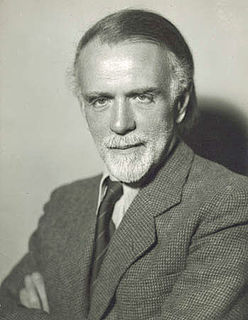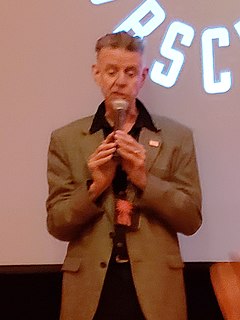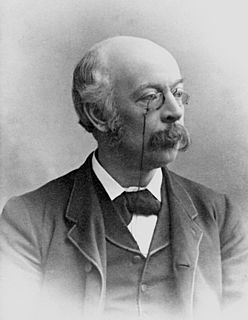A Quote by T. S. Eliot
Yeats was the greatest poet of our times . . . certainly the greatest in this language, and so far as I am able to judge, in any language.
Related Quotes
Music is a manifestation of the human spirit, similar to language. Its greatest practitioners have conveyed to mankind things not possible to say in any other language. If we do not want these things to remain dead treasures, we must do our utmost to make the greatest possible number of people understand their idiom.
To create a new business that makes money, and more significantly, employs others, and more significantly, gives a product to a customer that improves their life, is our greatest challenge, our greatest opportunity, and the greatest gift, far greater than any charity that we can give our fellow person.
Language changes. If it does not change, like Latin it dies. But we need to be aware that as our language changes, so does our theology change, particularly if we are trying to manipulate language for a specific purpose. That is what is happening with our attempts at inclusive language, which thus far have been inconclusive and unsuccessful.
The greatest achievement is selflessness.
The greatest worth is self-mastery.
The greatest quality is seeking to serve others.
The greatest precept is continual awareness.
The greatest medicine is the emptiness of everything.
The greatest action is not conforming with the worlds ways.
The greatest magic is transmuting the passions.
The greatest generosity is non-attachment.
The greatest goodness is a peaceful mind.
The greatest patience is humility.
The greatest effort is not concerned with results.
The greatest meditation is a mind that lets go.
The greatest wisdom is seeing through appearances.
George Orwell's '1984' frequently tops surveys of our greatest books: it's not a celebration of poetic language. It's decidedly anti-literary, a masterpiece of personal and political narrative sequence. And its subject matter is crucial, because what '1984' shows is that language can be a dirty trick.





































